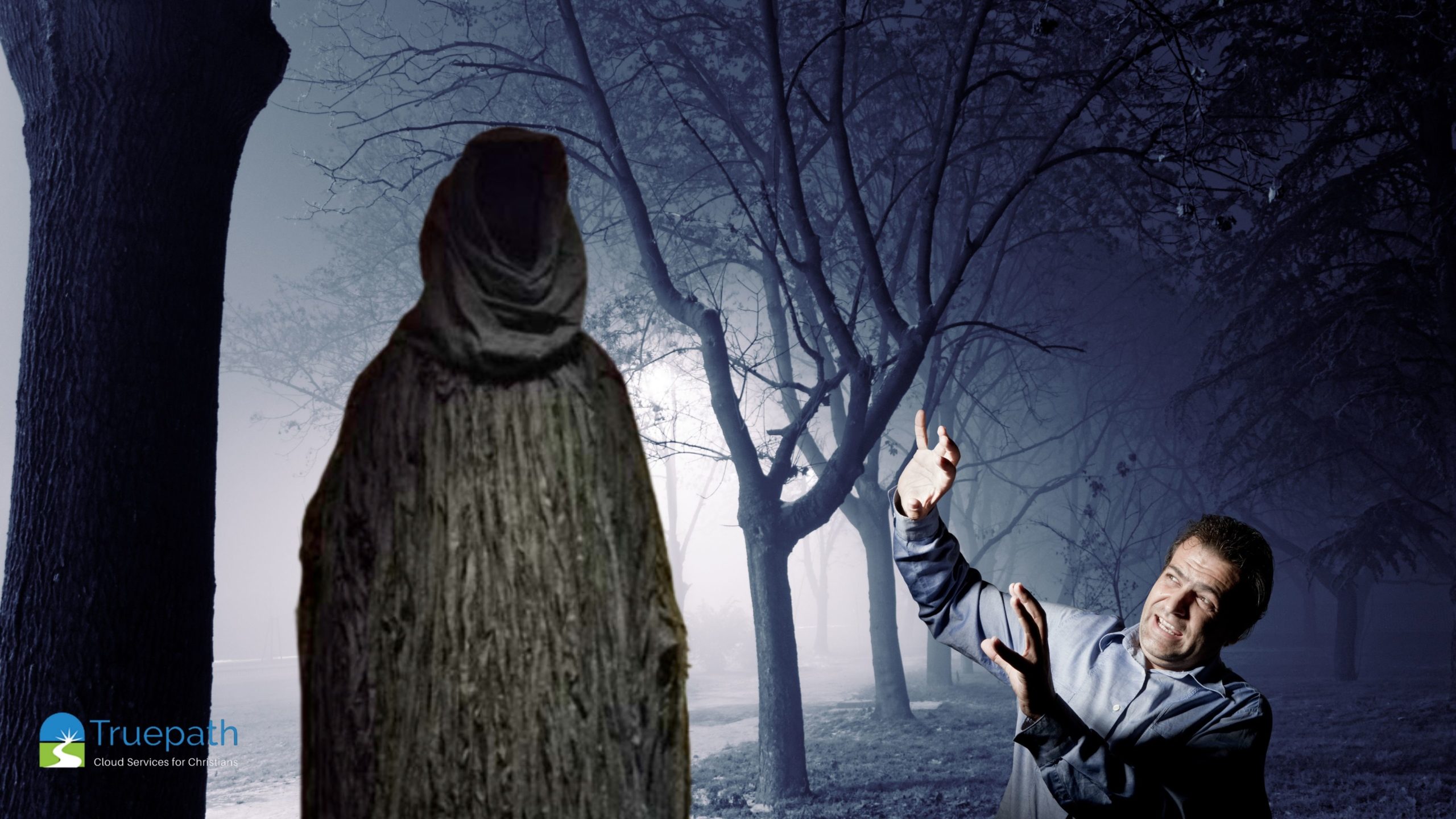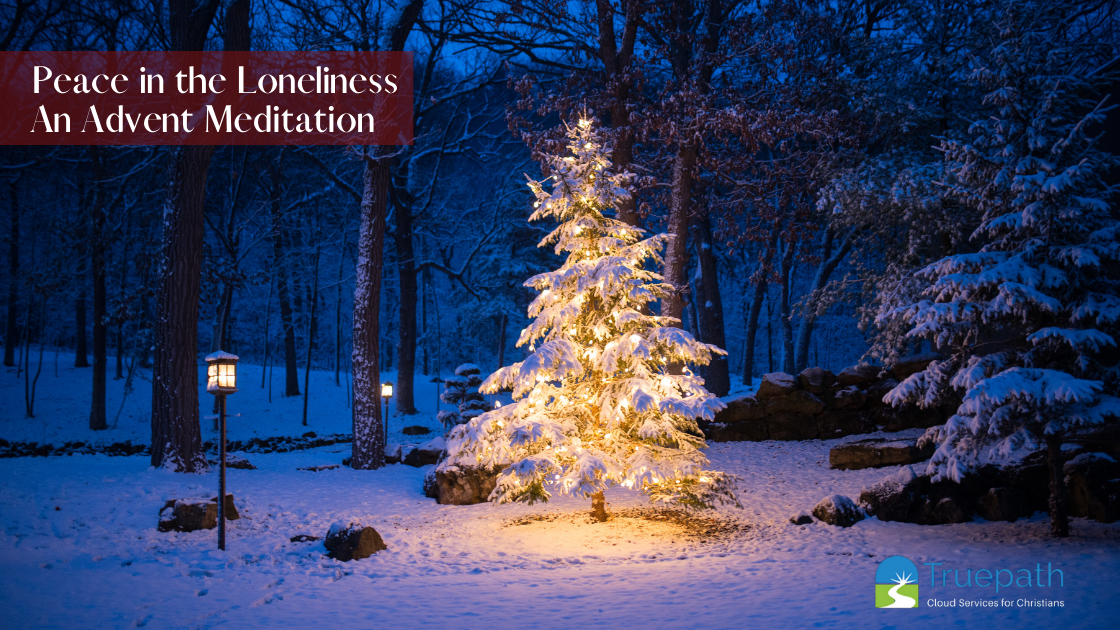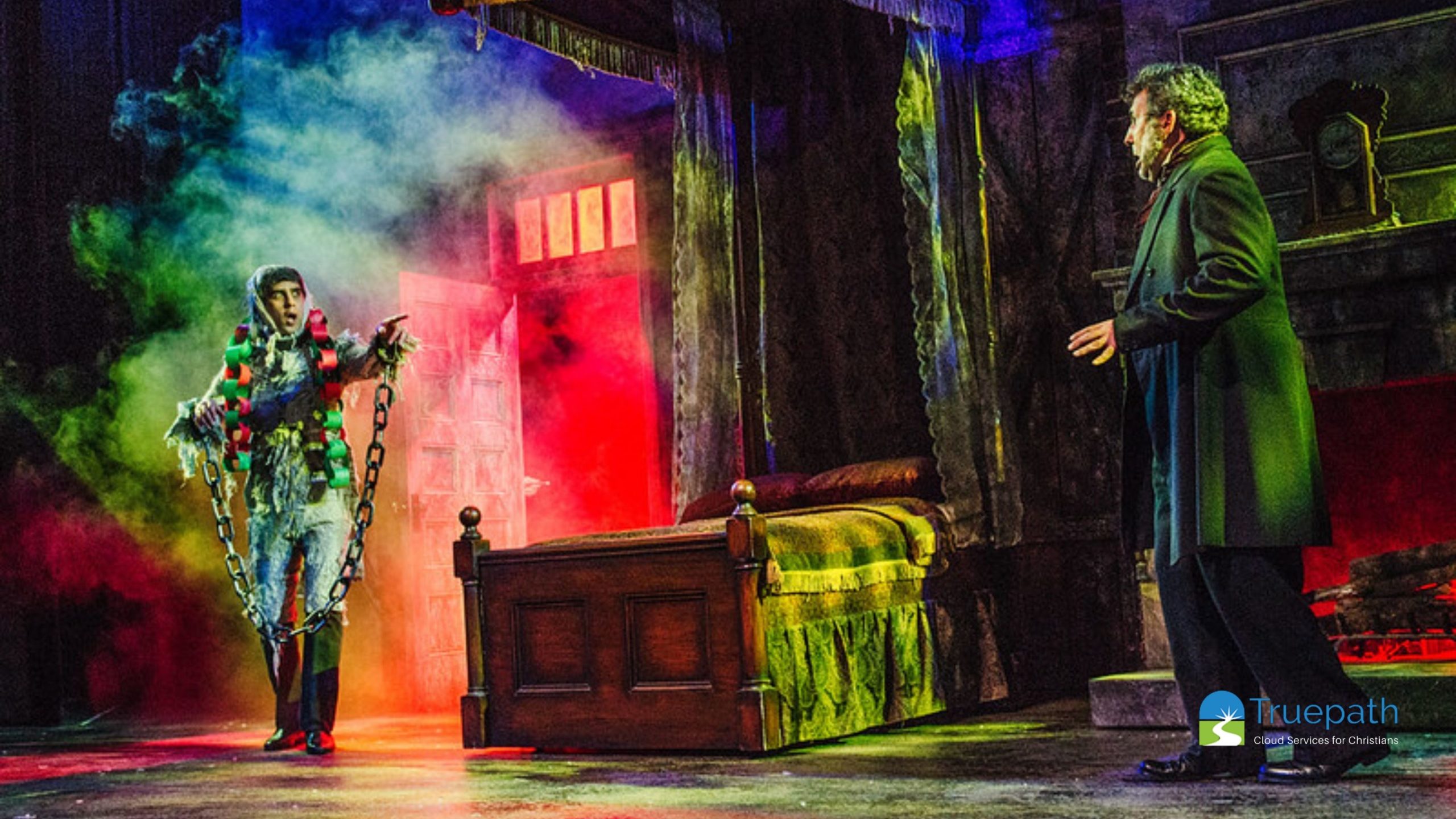The Shadows that May Be Only
“Before I draw nearer to that stone to which you point,” said Scrooge, “answer me one question. Are these the shadows of the things that Will be, or are they shadows of things that May be, only?”
– A Christmas Carol, by Charles Dickens
Christmas hope is always rimmed with shadows. Scrooge knew it; an eighth century BC prophet knew it as well:
“The people walking in darkness have seen a great light; on those living in the land of the shadow of death, a light has dawned.” Isaiah 9:2
The good news (to which both point) is that such shadows can be seen for what they are – dark forebodings meant to help awaken us to a better outcome.
Shine a Light
“Men’s courses will foreshadow certain ends, to which, if persevered in, they must lead,” said Scrooge. “But if the courses be departed from, the ends will change.”
Dickens wrote truly, for as the poet Thomas Hardy famously said, “If a way to the Better there be, it exacts a full look at the worst.”
When we eschew an “everything is fine” mentality with our own hearts and begin to own up to our pride and failures in love, we refuse to live “in the shadows.”
It’s not resignation – hopelessly giving in to the cynical, doom and gloom. Rather, it’s a choice to allow ourselves to come into the light — just as a cold stone that lies in the sun can’t help but grow warm.
We may fear this exposure, as Scrooge did, but all we’re left with really is the hopeless path of justifying a myriad of selfish actions.
Yet we need not fear it, for the ultimate end God has for us is joy:
“Do not be afraid! For behold, I bring you good news of great joy that will be for all the people: Today in the city of David a Savior has been born to you. He is Christ the Lord!” Luke 2:10
As the light of Jesus shines through our cracks to a broken world (the only way it ever will) they’ll see both authenticity and hope.
The former is something this world craves; the latter is an irresistible person who comes from outside of us, beyond all our denials and schemes of self-help: “a light has dawned.”
So Merry Christmas! (and as Tiny Tim said, “God bless us, everyone!”)
Truepath’s vision is to empower Christian organizations and businesses to take full advantage of their online presence by providing affordable and best-in-class applications and dedicated, live customer support. You can reach us at: (760) 480–8791.


